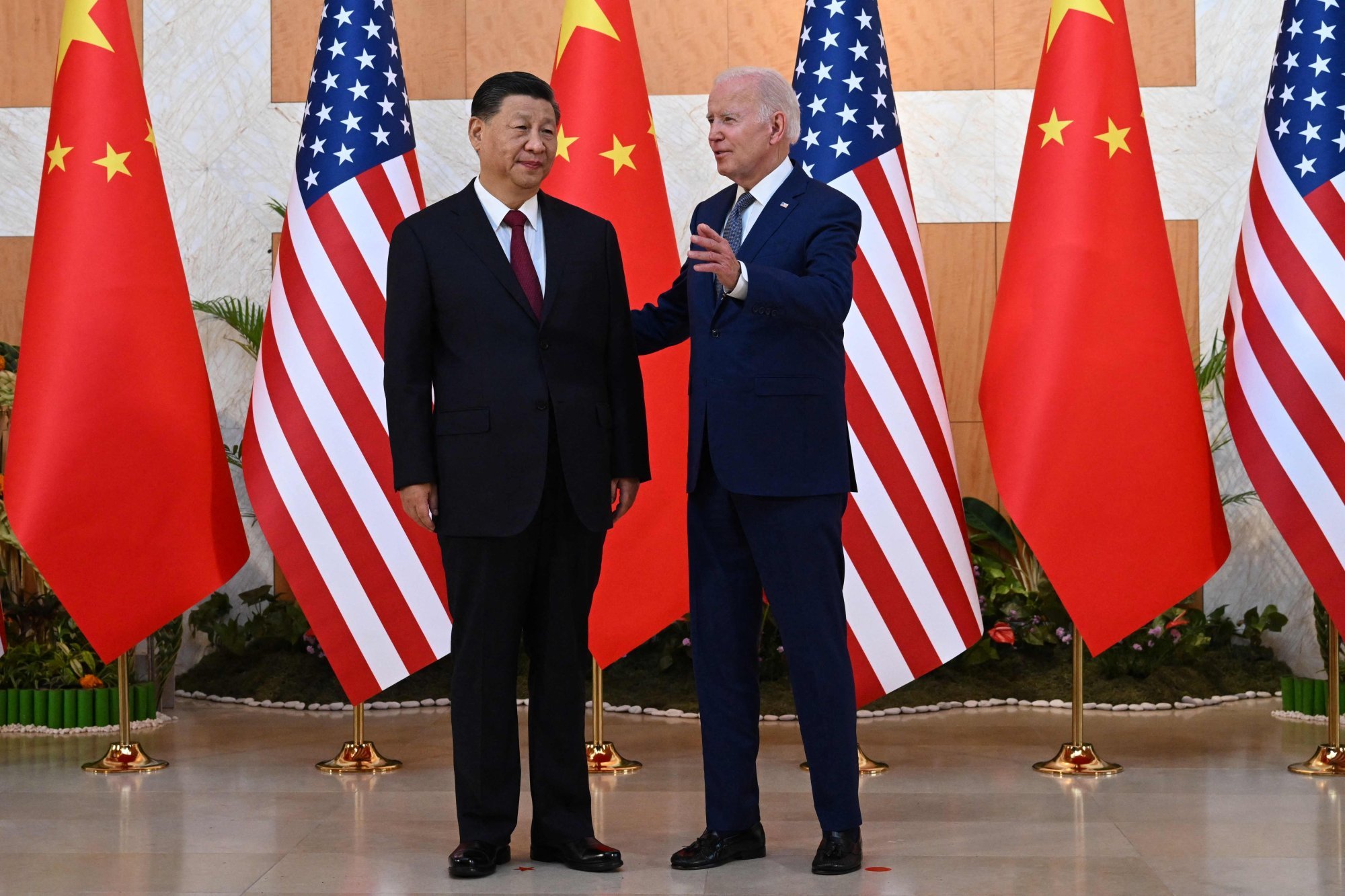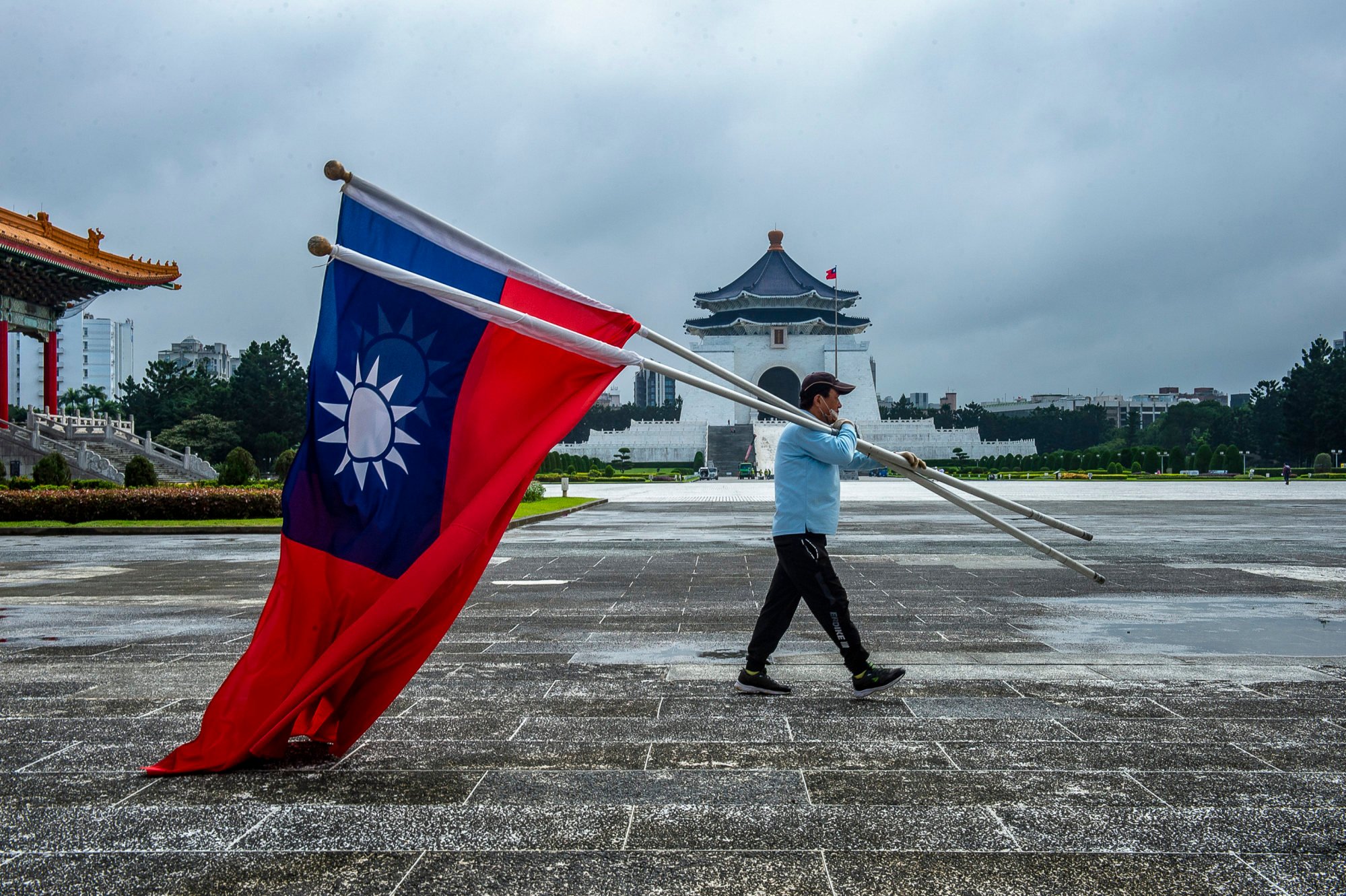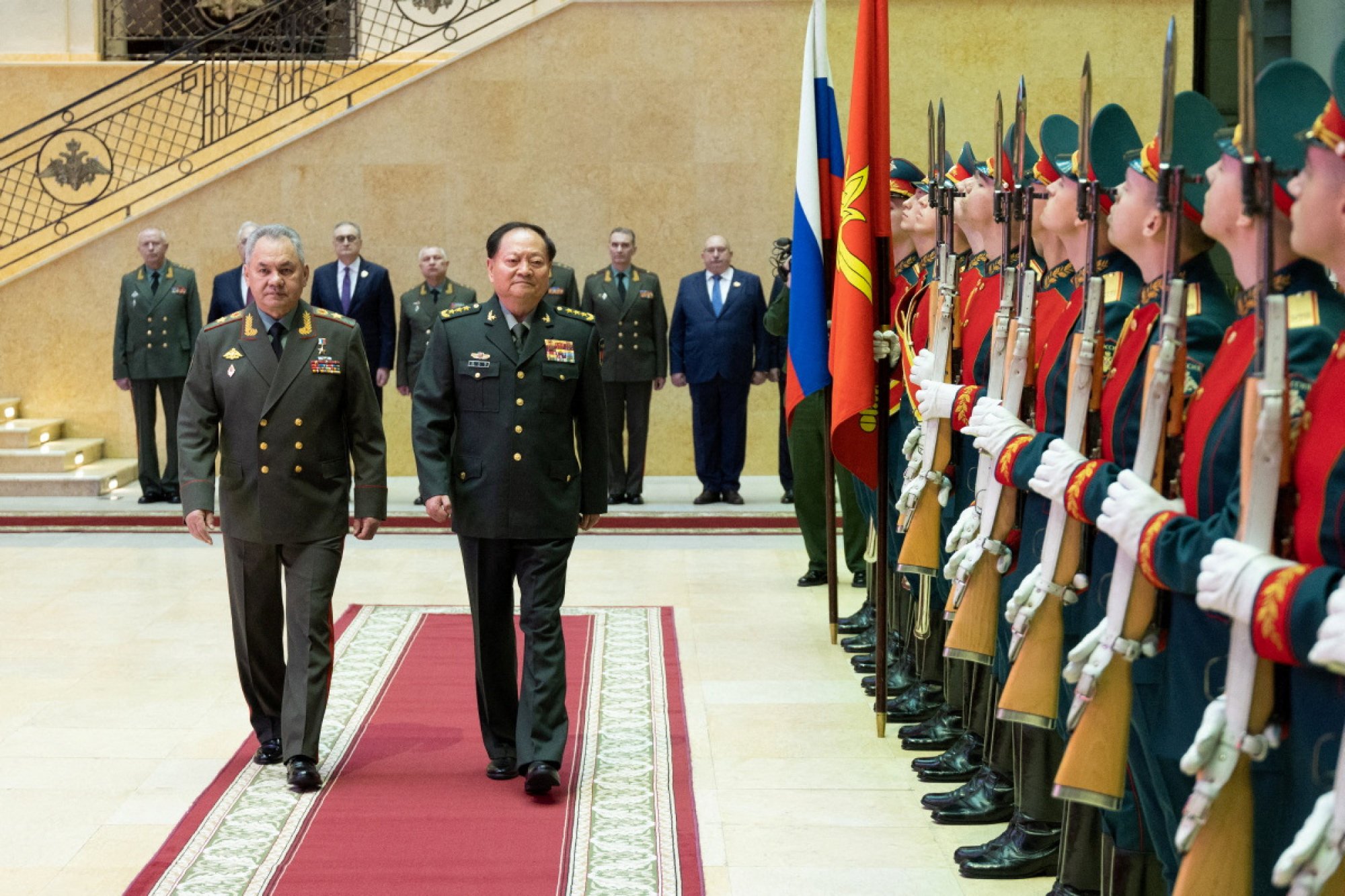The US-China relationship is in a period of “fragile stability” in which security disagreements are likely to last “a very, very long time”, according to Scott Kennedy, a senior adviser at the Washington-based think tank Centre for Strategic and International Studies.

“There’s a whole variety of things that could disrupt the fragile stability that the relationship now seems to have achieved,” he said, adding that numerous regional hotspots could be problematic.
Since 1949, Taiwan has been one of the most persistent and intractable problems between Beijing and Washington, a problem that analysts see as a “structural” risk in bilateral relations.
The self-governing island recently has drawn even more concern in the lead-up to its high-stakes presidential election – just two months away – and will pose one of the most immediate challenges for the two sides after the Apec summit.
Taiwanese Vice-President William Lai Ching-te, the candidate of the independence-leaning Democratic Progressive Party (DPP), has consistently led in the polls and a win for him could have broader implications.
Can US and China give each other the reassurances they want on Taiwan?
Can US and China give each other the reassurances they want on Taiwan?
“If the DPP stays in power, cross-Taiwan Strait relations will further tighten, which will spill over into China-US relations, and may end the detente of the previous period,” said Wu Xinbo, dean of the Institute of International Studies at Fudan University, during a speech in Shanghai late last month.
Beijing regards Taiwan, which is officially recognised by only a handful of countries, as a breakaway province that must eventually be reunited with the Chinese mainland, by force if necessary.
The US, however, has maintained its defence commitments to the island under the Taiwan Relations Act passed in 1979 and the “six assurances” outlined in 1982, and adopted as “formal but not directly enforceable” guidelines by Congress seven years ago.
Beijing has said Washington is simply trying to erode its one-China policy.
At the summit, Beijing is expected to again seek a pledge from the US that it will not entice Taiwan to pursue formal independence.
It is also anticipated that China will scrutinise American actions before and after the Taiwanese election, as well as the potential inauguration speech by Lai, a person mainland authorities have labelled as a “troublemaker”.
Senior Biden administration officials said last week that they would warn Beijing not to interfere in the island’s election, and they criticised mainland China’s ramped-up military activities for “undermining peace and stability” across the Taiwan Strait.
US government engagement with Taiwan is a regular flashpoint, as the aftermath of a visit by then house speaker Nancy Pelosi to Taipei last year showed.
Apec economies are ‘walking a tightrope’ between China, US tensions: report
Apec economies are ‘walking a tightrope’ between China, US tensions: report
The People’s Liberation Army also staged a military drill around the island in August following Lai’s stopovers in the US.
Similar tensions have also boiled up in the South China Sea amid conflicting sovereign claims by China and its neighbours.
On Saturday, just a few days before the summit and after last week’s confrontation between China and the Philippines in disputed waters, the US State Department renewed a warning on Saturday that Washington is obliged to defend its ally in the face of Beijing’s “repeated harassment”.
The issues have provided ample urgency for the US and China to improve their bilateral military crisis management so that any friction or incidents do not escalate into war.

The White House said last week that during the Biden-Xi summit it would again stress the need to keep lines of military communication open.
So far, though, any progress on that front has been muted.
Retired PLA instructor Song Zhongping expected that the meeting between the Chinese and US presidents would not fundamentally resolve the “strategic” incompatibility between the two powers, although a certain increase in military mutual trust was likely.
San Francisco scrambles to clean up its image for Apec summit
San Francisco scrambles to clean up its image for Apec summit
During two-day talks that wrapped up on Friday in San Francisco, and which set the tone for the leaders’ summit, US Treasury Secretary Janet Yellen once again warned China’s top economic official He Lifeng that Washington had seen evidence that Chinese firms may be helping Moscow’s military efforts, despite Western sanctions.
She urged Beijing to crack down on such acts, adding that companies providing material support for Russia’s defence industrial sector would face “significant consequences”.
A US government blacklist has grown longer with 42 more Chinese companies added last month, on the grounds they have helped the Russian military.

China’s most senior military officer, Zhang Youxia, meanwhile, recently visited Moscow as Beijing continued to promote its close ties with the Kremlin.
Chinese experts, however, have contended that the country has never supported Russia’s aggression against Ukraine and remains opposed to the use of nuclear weapons.
“China did not go to 100 per cent of what the US and EU position [is] in condemning Russia because China wants to keep a channel open, to talk to the Russians, to influence them,” Wang Huiyao, founder and president of the Beijing-based think tank Centre for China and Globalisation, said during a forum last month.
Despite Washington seemingly leaning towards Tel Aviv and Beijing aligning further with the Arab world, avoiding further escalation and keeping the region stable are widely seen to be in the interest of both nations.
‘China won’t be another US’: party paper calls on America to fix trust deficit
‘China won’t be another US’: party paper calls on America to fix trust deficit
China and the US also have common ground on the two-state solution, according to Yan Wei, deputy director of the Institute of Middle Eastern Studies at China’s Northwest University.
“I don’t think the Israel-Palestine issue will be an ingredient for deteriorating relations between the two countries, but rather it is a place where the two sides [can] work together,” he said.
Tackling climate change is seen as one of the “low-hanging fruit” for China and the US, where deliverables are expected to come out of the summit.
US climate envoy John Kerry said on Friday that the two countries had reached “understandings and agreements” on climate issues ahead of the COP28 summit later this month in Dubai.
The Chinese authorities last week used the rarely used phrase “ended successfully” to describe the four days of talks between Kerry and his Chinese counterpart Xie Zhenhua in California.
However, Beijing has insisted that climate change cannot be separated from the larger landscape of bilateral political relations.
Experts have also warned that framing China as an existential threat to the US is unhelpful.
Beijing’s subsidies for solar panels, for example, have enabled the export of more affordable panels which, in turn, has helped to contribute to a reduction in greenhouse gas emissions globally.
San Francisco scrambles to clean up its image for Apec summit
San Francisco scrambles to clean up its image for Apec summit
Yellen raised concerns about Beijing’s “non-market policies” and recent export controls on graphite and other critical minerals during her meeting with He.
The Biden administration has left in place trade-war tariffs in place on hundreds of billions of dollars worth of Chinese products which were imposed by his predecessor.
After the Yellen-He meeting, the two sides said they welcomed the objective of a “healthy” economic relationship that provided a level playing field for companies and workers in both countries.

But China has remained disappointed over a lack of progress on its concerns about US restrictions on investment to and from China, sanctions against Chinese firms, export controls, and tariffs on the country.
Washington’s moves to “de-risk” and its “small yard, high fence” approaches have seemingly done little to ease suspicions in Beijing about what it sees as US attempts to contain China.
Chinese authorities have lowered expectations of any imminent “turning point” in the economic and trade relations between the two countries.
Kennedy, meanwhile, said the outcome of the US presidential election would be “the biggest variable” affecting the bilateral relationship over the next year.
“The outcome of the presidential election could potentially have a huge effect on America’s overall foreign policy, America’s domestic, social and political situation, as well as US-China relations,” he said.


